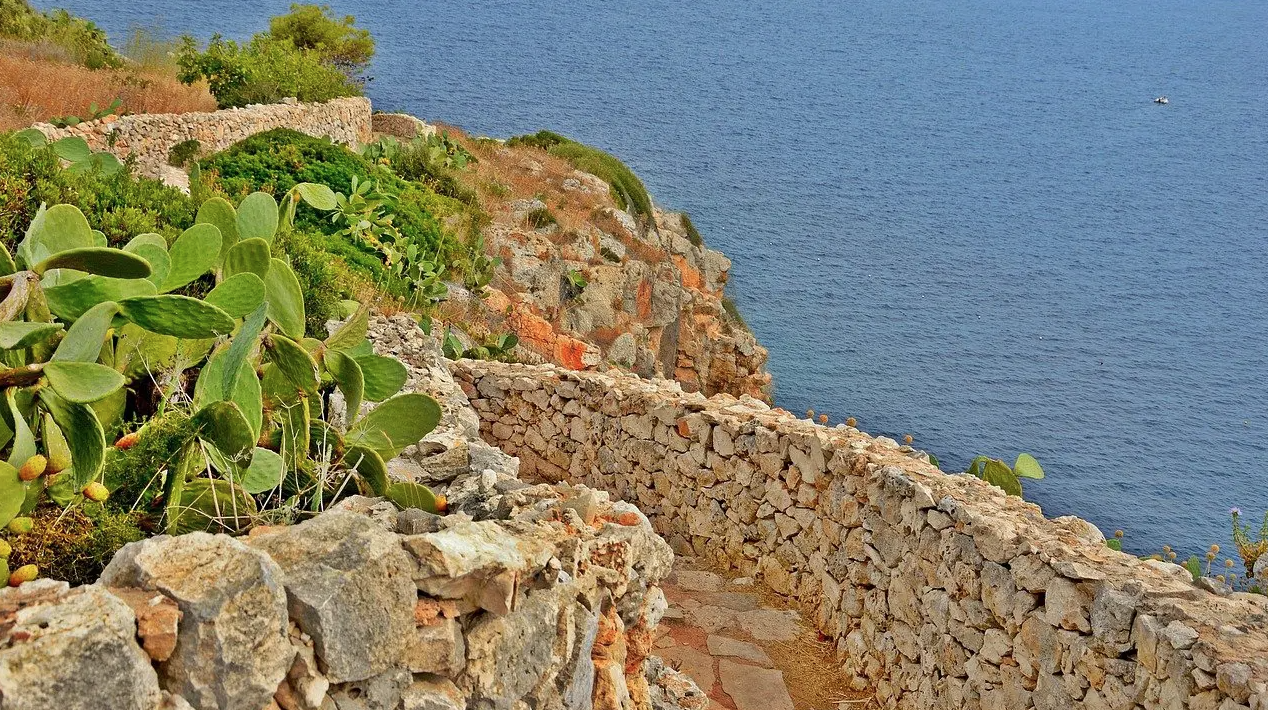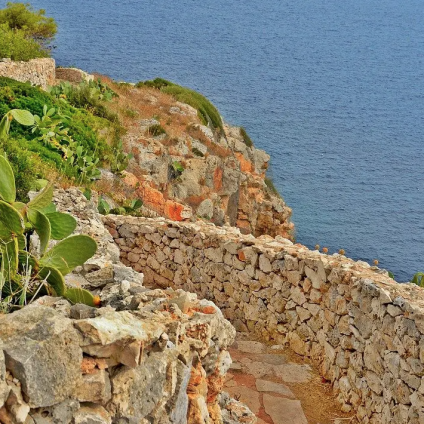The Interreg Med Incircle project of the Sant'Anna University of Pisa investigates the possibility of circular and sustainable holidays and illustrates ways, destinations and practical indications for a holiday that safeguards the environment, the economic and social development of the areas affected by the most intense tourist flows.
(Sustainabilityenvironment.com) – Is it possible to organize sustainable holidays? It is possible, and a project of the Sant’Anna University of Pisa demonstrates this by indicating 16 sustainable destinations on the coasts, islands and various territories of the Mediterranean. Interreg Med Incircle (“Support insular and low density areas in the transition towards a more circular tourism Economy”) is a university project for the protection of the environment and the protection of areas subject to particularly intense tourist flows.
The project is based on the dissemination of two priorities: technological innovation and sustainability. With the dissemination of ad hoc tools and good practices, the aim is to combine environmental protection and economic development.
Interreg Med Incircle
The project aims to make tourism sustainable by proposing circular holidays in island, coastal and sparsely populated tourist destinations. The initiative was carried out by 14 partners between Albania, Italy, Cyprus, Greece, Malta and Spain and was attended by the Sum Laboratory (Sustainability Management) of the Institute of Management of the Scuola Superiore Sant’Anna di Pisa, which has been concerned with measuring the level of circularity of the goals proposed. The field research activities of the project team lasted 30 months and were carried out in the field.
The Italian choice fell on Gal Terra Barocca, a Salento network, in which consortia, associations and municipalities have formed a pilot local development strategy. Another destination in Italy is the Consorzio Oltrepò Mantovano.
The project generated “Circular Tourism Tools“, a collection of measuring instruments that monitor the circularity of the goals; in addition to measuring instruments, Interreg also provides a database of good practices that can be adopted to promote the possibility of circular and sustainable holidays in the various territories: they are intended for territories, administrators, companies and tourism tour court.
Challenges for territories that want to be a destination for sustainable holidays
There are 16 destinations proposed by the project: starting from these partners have developed a general vision of the territories and the challenges they face for the transition to the circular economy. The research team also provided them with an overview of opportunities for improvement and possible good practice. First of all, of course, sustainable and circular mobility. This is followed by the management of infrastructure, the preservation of cultural heritage and the awareness of citizens and tourists to the issues of sustainability and the environmental impacts of mass tourism.













